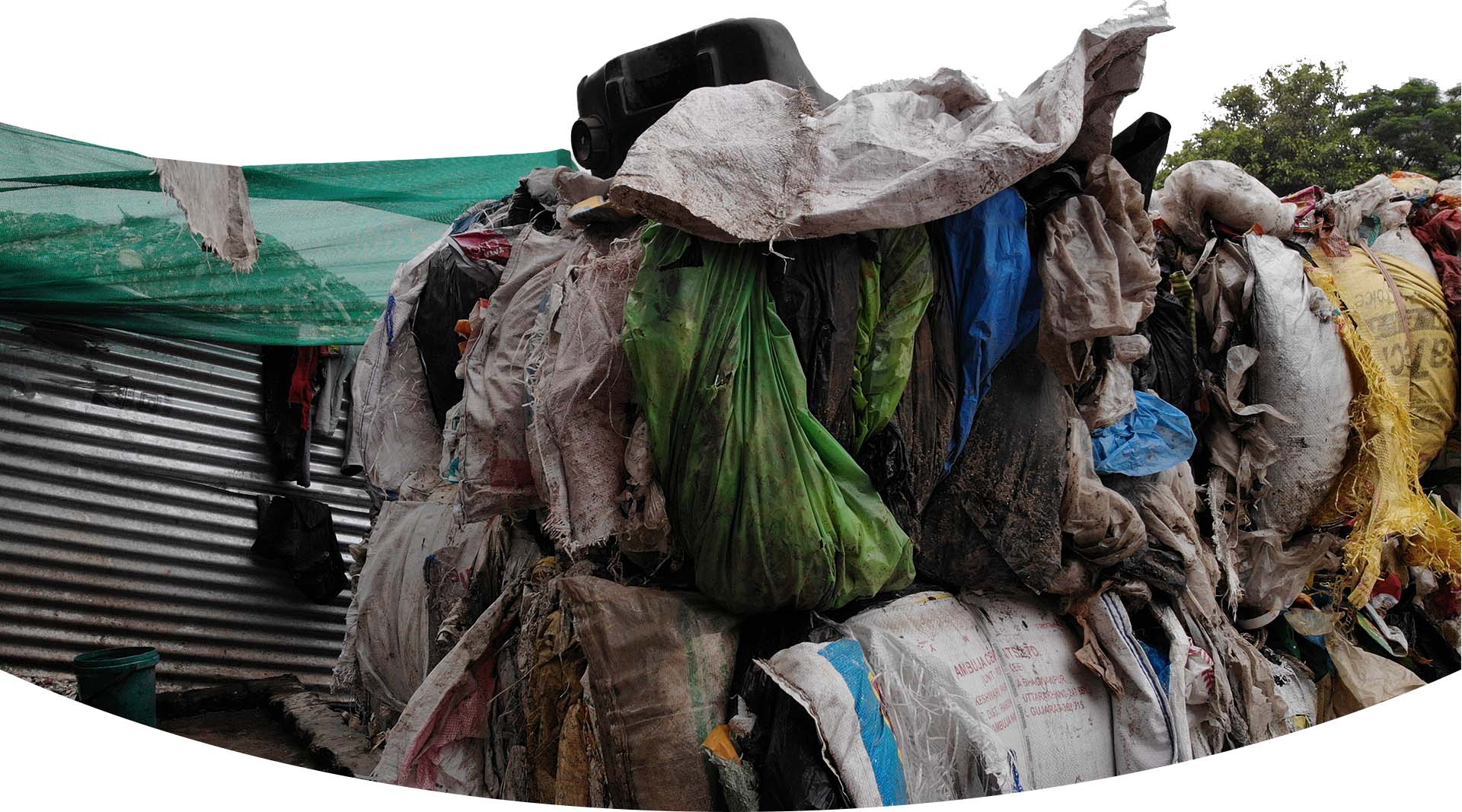UNDP - HDFC Plastic Waste Management
(Case Study)
Context
India has a chronic waste problem, a 62 million tonnes a year problem none the less. Even though the waste management norms in India are based on Sustainable development principles, the rapid urbanisation and economic development have led to more waste being generated, more than what the waste management authorities can handle immediately.
Aside from this, there is also an issue of segregation of the waste because a major part of this generated waste is non-biodegradable, i.e- plastics. India produces an estimated 15 million tonnes of plastic every year, this explosion of plastic waste is having major impacts on the environment of the planet and on us as well. Plastic waste is everywhere, it’s in the rivers, oceans, hills, and forests which are then entering the systems of animals, birds, and trees which in turn are affecting us as well.



How UNDP and HDFC bank are combatting dry waste management in India
UNDP in association with the Ministry of Housing and Urban Affairs, partnered up with HDFC bank to tackle
India’s plastic waste problem. The main objective of UNDP and HDFC bank was to strengthen existing systems in India to reduce the impact of dry waste on the environment. The project aimed to bring sustainable
dry waste management practices while staying within the framework of the Government of India’s regulation
and the 17 Sustainable development goals of the UN.
Magic Spangle Studios was brought in to conceptualise,
shoot and make a video chronicling the efforts that UNDP and HDFC bank have put in place and how they are making our environment better while helping the waste pickers live a decent life.
The Magic Spangle Solution
Between UNDP and HDFC, Magic Spangle brought their expertise in making documentary videos across India for 14 years. Magic Spangle was contracted to conceptualise, plan, shoot, and deliver a documentary film based on UNDP and HDFC guidelines in Goa, Rishikesh, Haridwar, and Dehradun. We started the procedure at once, starting with meeting the clients and fully understanding the direction they wanted to take for the video and the treatment they wanted. From there, our in-house scriptwriters got to start developing story concepts, which, when approved by the clients, were made into a mood board to be followed by the shooting. It was a learning curve for the Magic Spangle team, as this was the first time we had the opportunity to work on a waste management documentary film. It was certainly not a pleasant smell or environment to shoot in, but then it reminded us that those wastes came from our houses only. That made us guilty and ashamed of how we managed our waste at the end. All the staff working gave us indirect motivation to come in to get our hands dirty. The end product or film turned out to be great and was well appreciated by all the stakeholders.

Assignment Insight
Project Duration :
October 2021-February 2022
Services Rendered :
End to End solution of documentary film making.
Beneficiaries :
UNDP, HDFC Bank, Ministry of Housing and Urban Affairs, State and Central Pollution Control Board and Urban local bodies and Citizens.

Campaign Reach
The campaign aim was to show different work being done by UNDP and government on waste management to motivate all the other states to do the same.
The video was shared among the stakeholders in five different states. The video was also shared on UNDP and HDFC Bank websites and other social media platforms for all to see.

Campaign Response
The campaign had a big response from all associated stakeholders and other organisations, who applauded the effort that UNDP and all the stakeholders have put in to tell the story of the Safai Sathis and waste management solutions.
